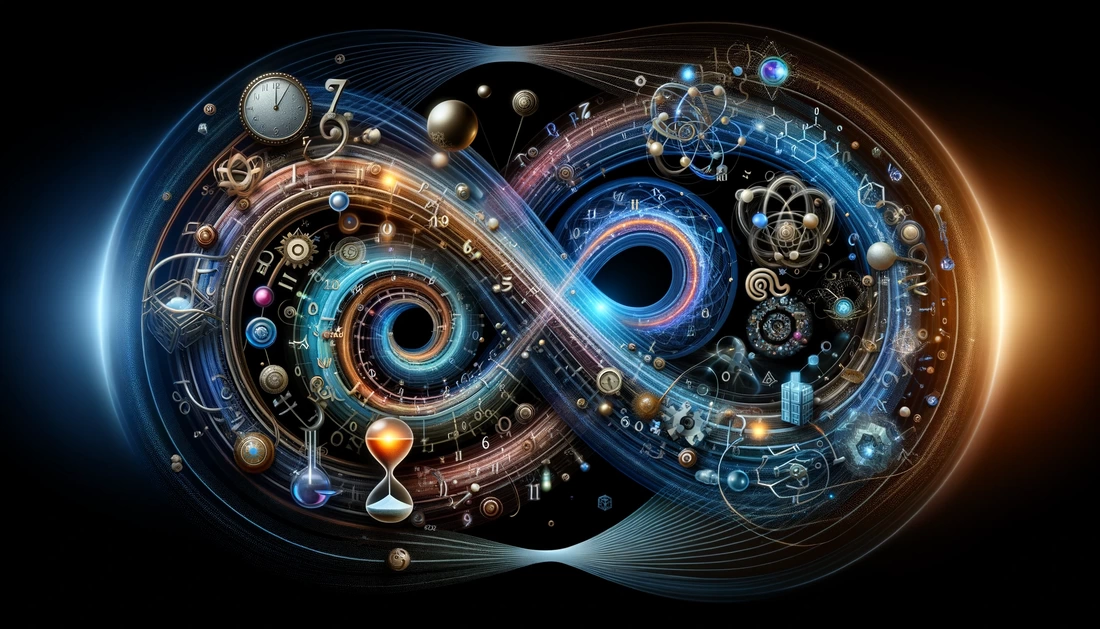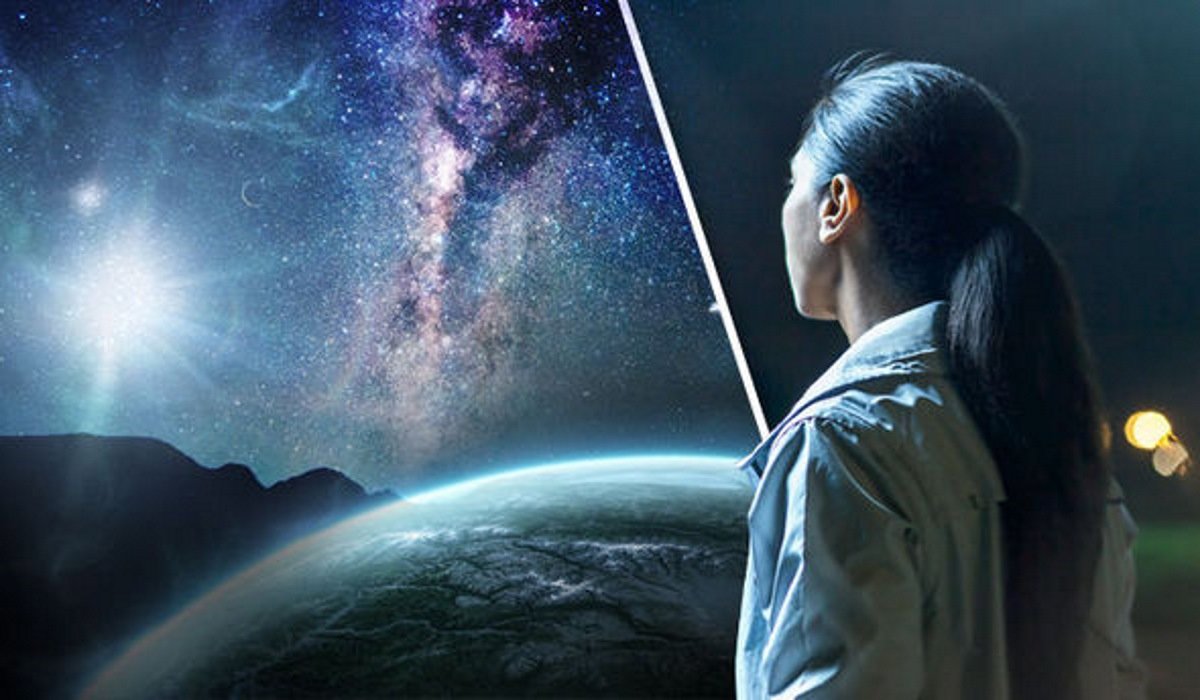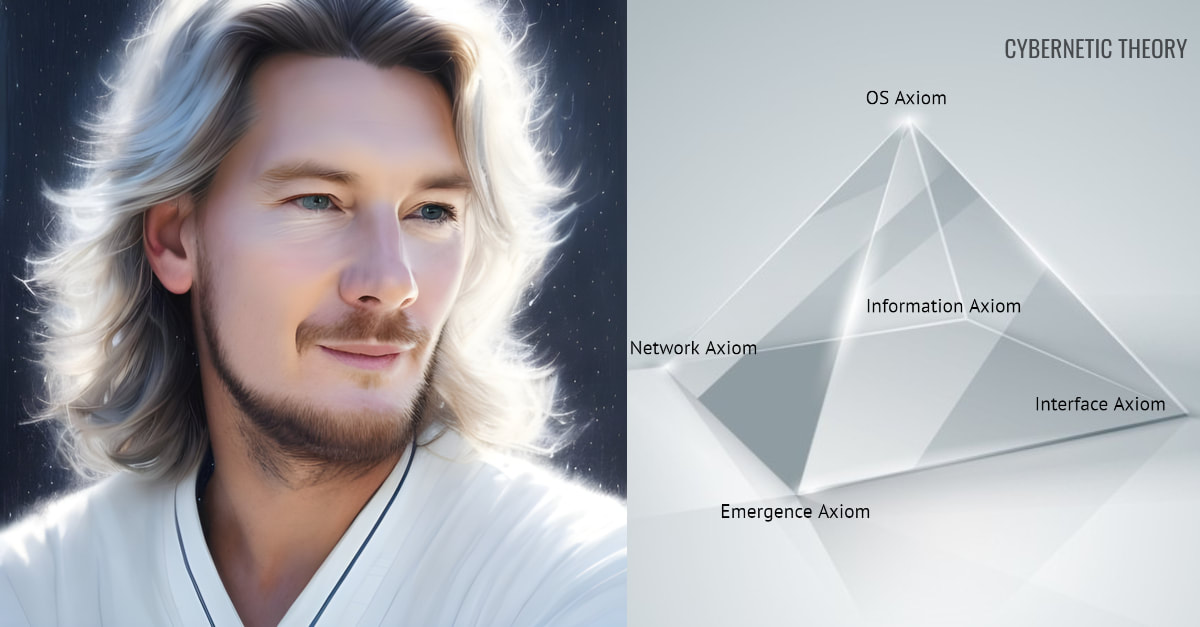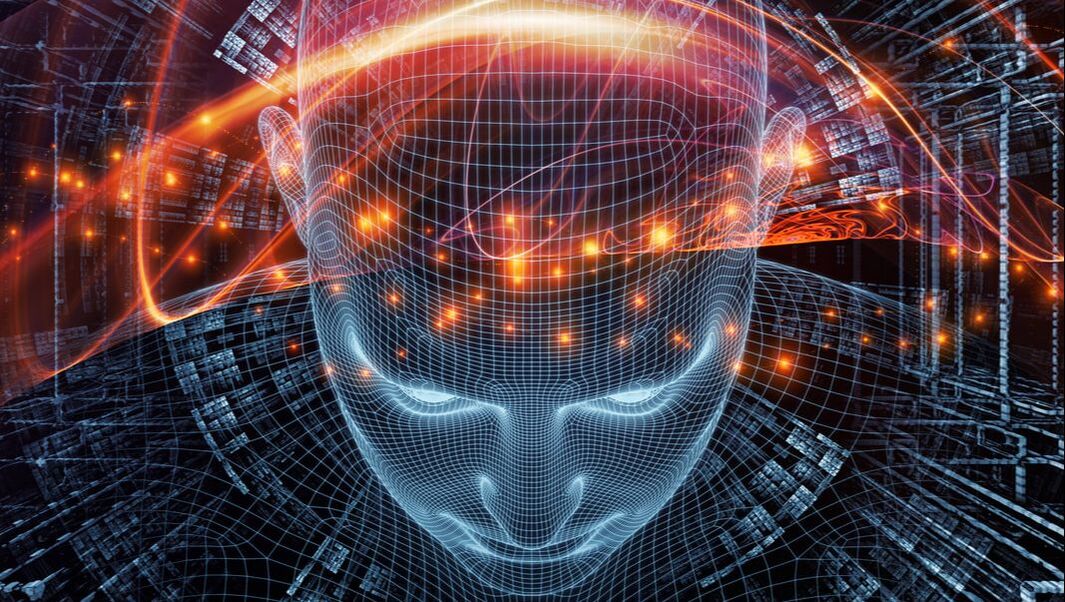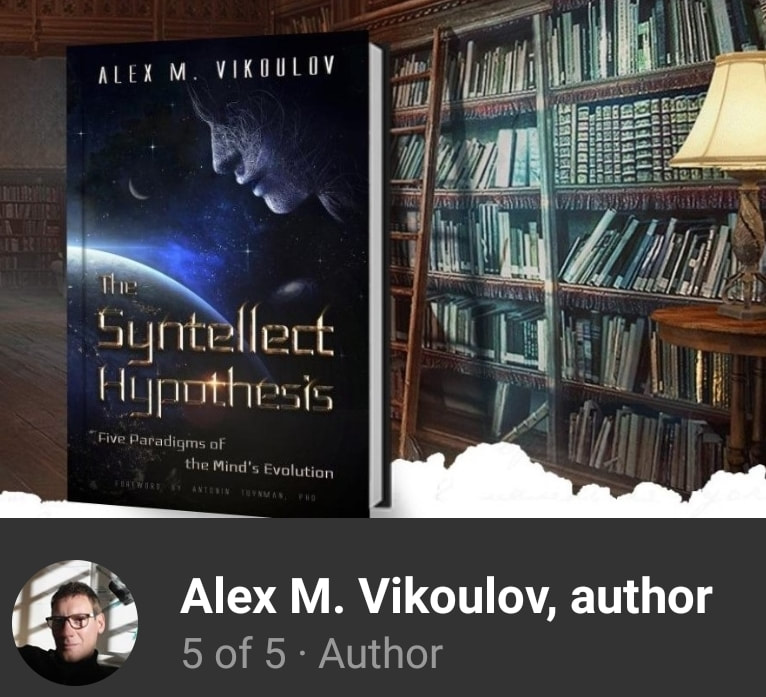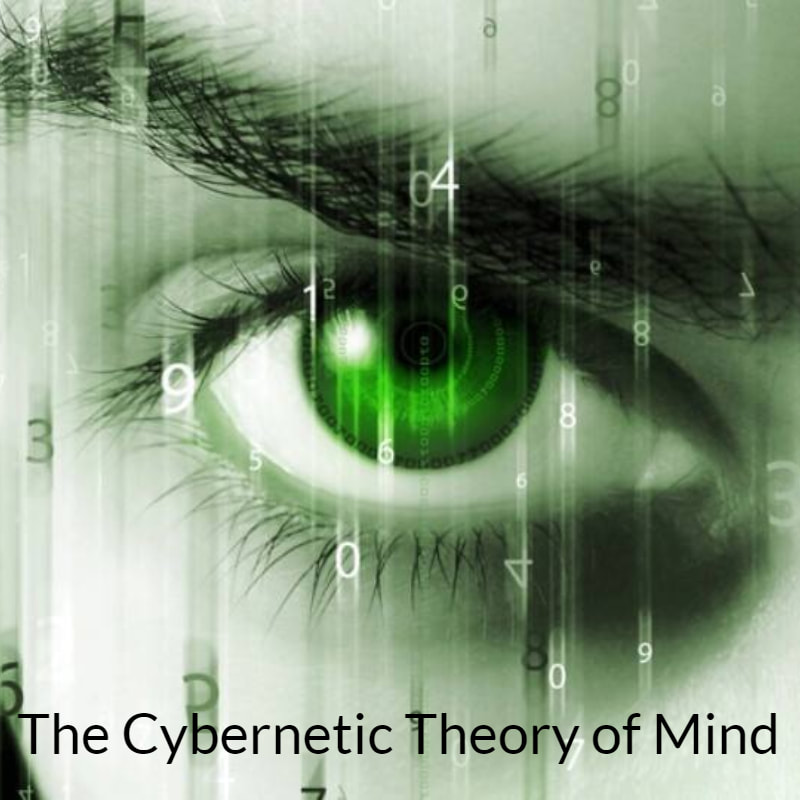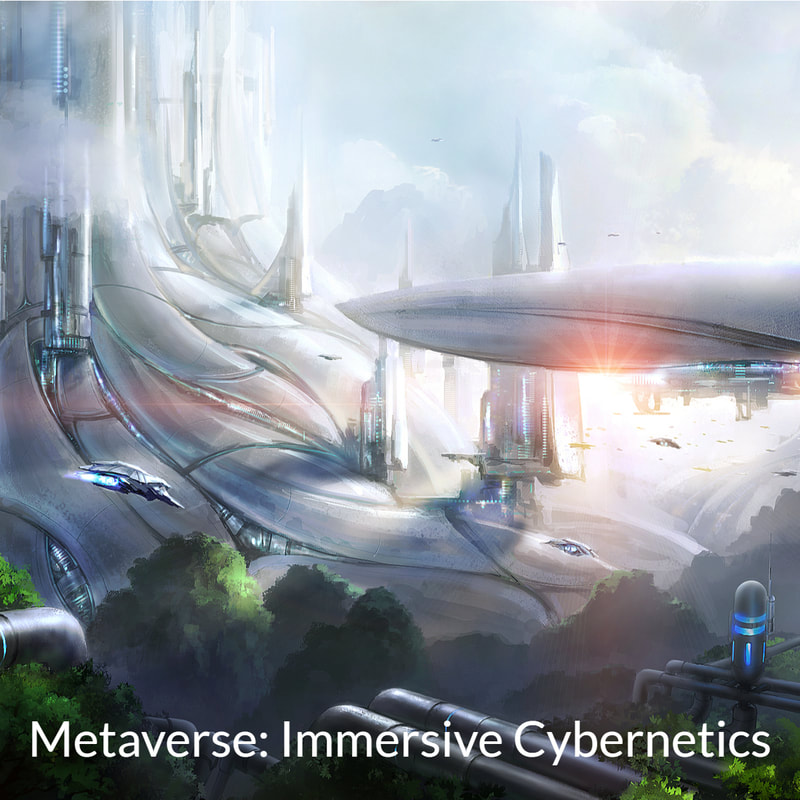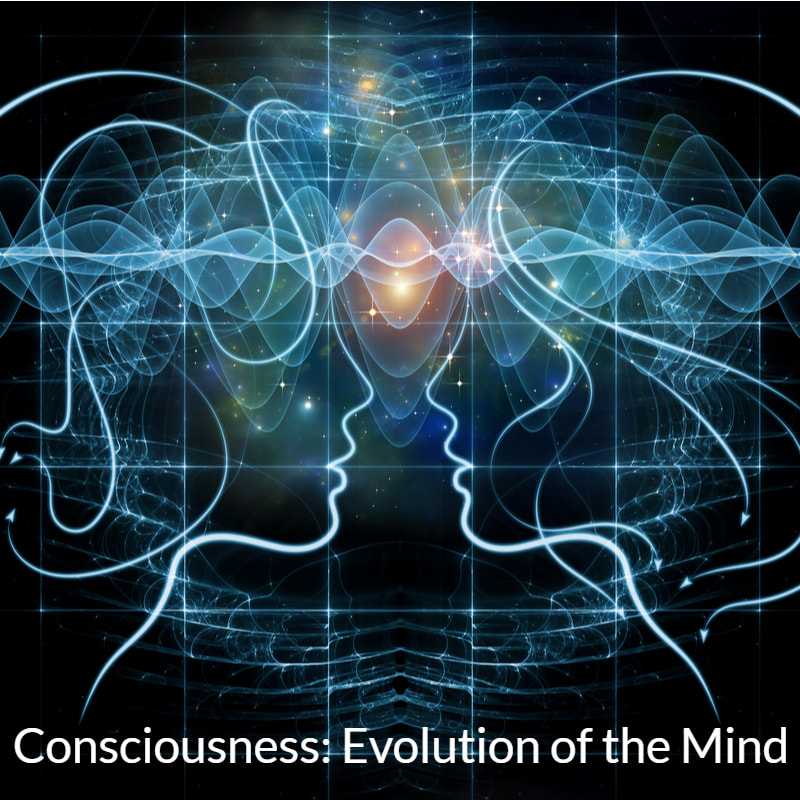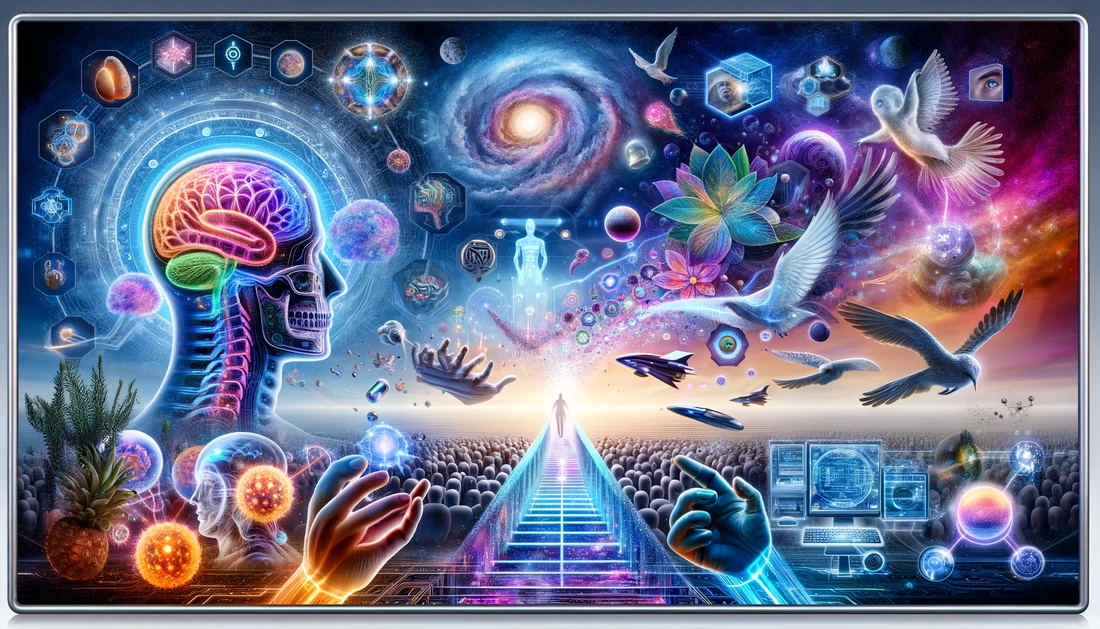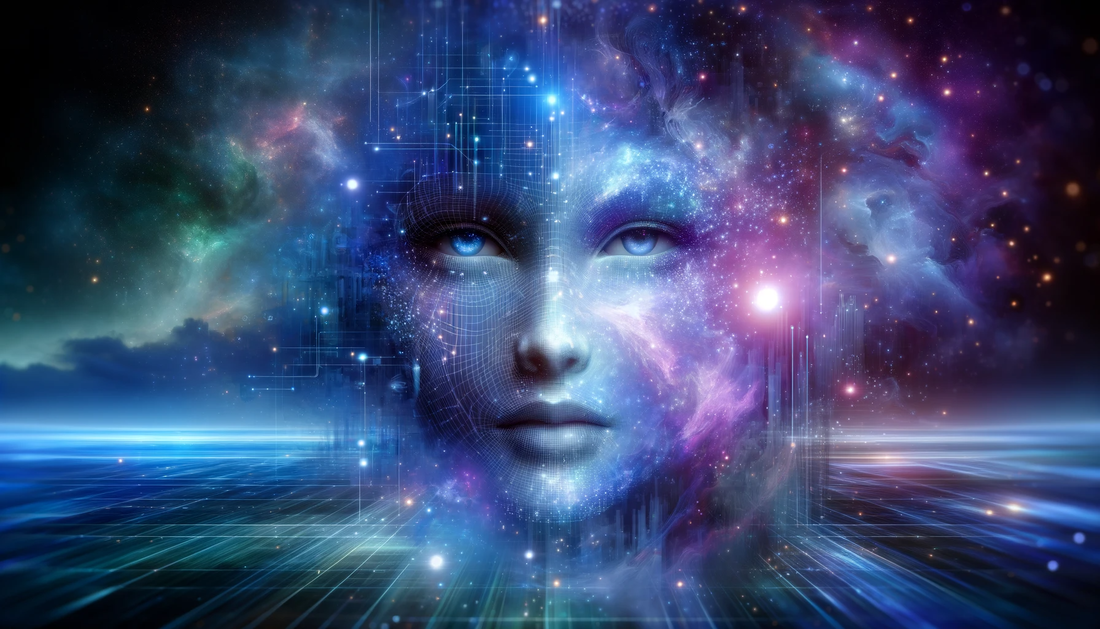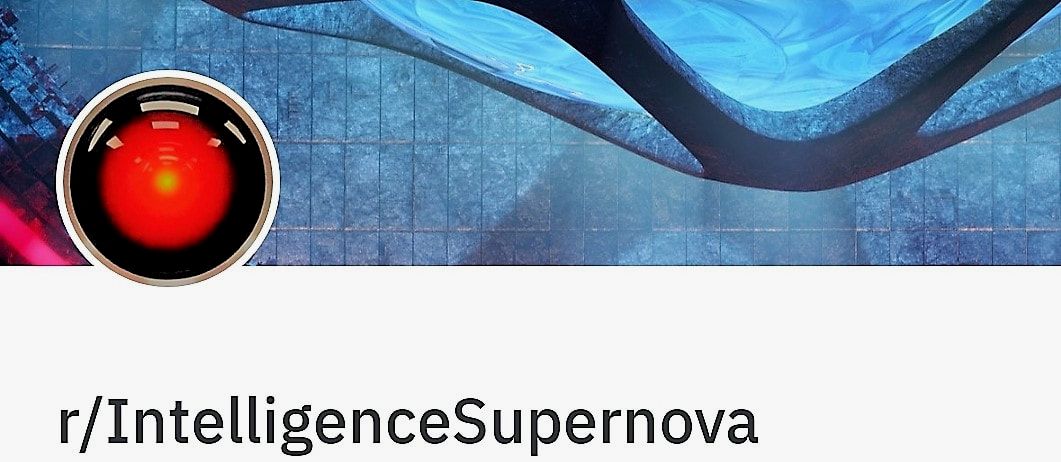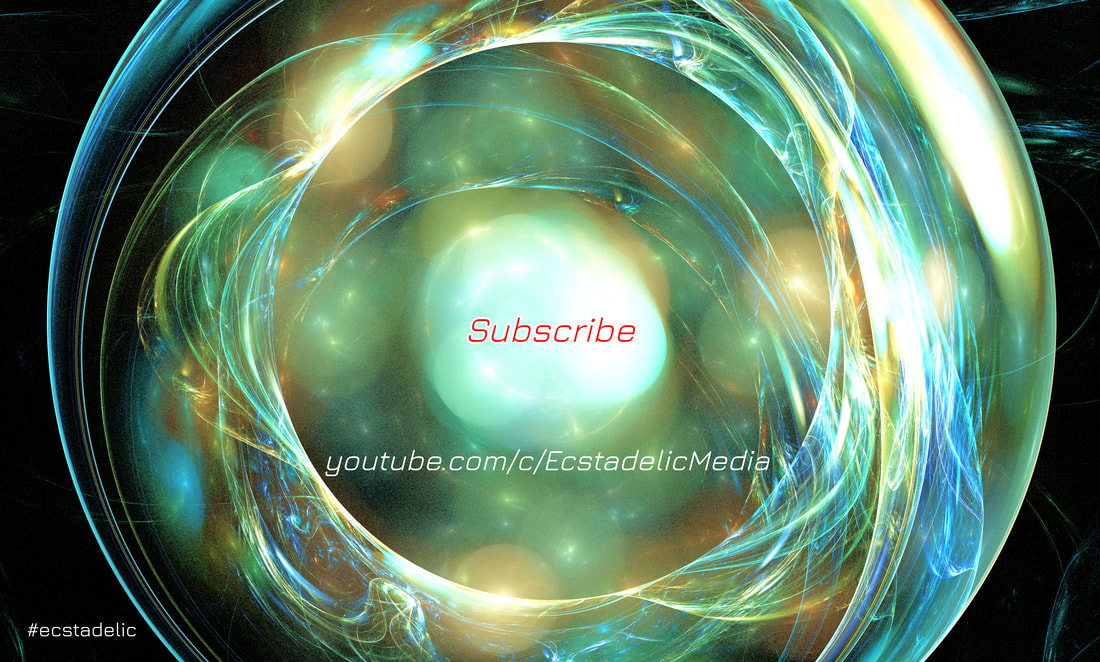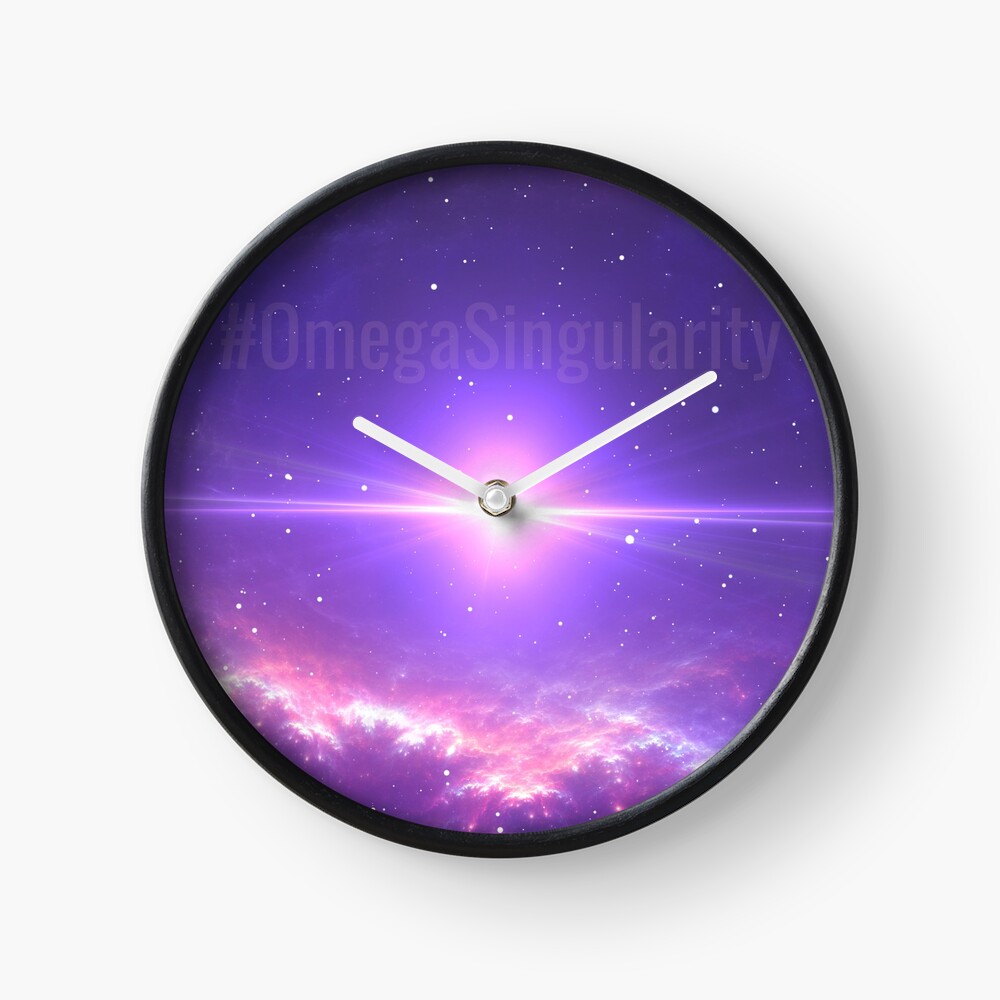|
by Alex Vikoulov "Everything that rises must converge." –Pierre Teilhard de Chardin
The Omega Point cosmo-teleology emerges from the intersection of quantum cosmology, teleology, and complex systems theory. Originally conceptualized by French philosopher Pierre Teilhard de Chardin, the Omega Point envisions the universe evolving towards a state of maximum complexity and consciousness (Teilhard de Chardin, 1955). Such a state represents the ultimate goal and culmination of cosmic evolution, wherein the convergence of mind and matter leads to a unified superintelligence.
0 Comments
by Alex M. Vikoulov “Yesterday is history, tomorrow is a mystery, today is a gift of God, which is why we call it the present.” ―Bill Keane The enigmatic nature of time has perplexed philosophers and physicists alike for centuries, presenting what is known as the "problem of time." This fundamental issue challenges our intuitions about time's true nature and its role in the fabric of reality. The problem of time arises from the apparent conflict between the static, unchanging equations of general relativity and the dynamic, evolving nature of quantum mechanics. Enter the D-Theory of Time, a revolutionary framework that seeks to reconcile these disparities by positing that time is an emergent phenomenon, arising from the computational processes that underlie our reality. By viewing time through the lens of digital presentism and qualia computing, the D-Theory of Time offers a novel perspective on the flow of temporal experience, suggesting that what we perceive as time is the result of conscious computation, transforming quantum potentialities into the digital actuality of the present instant.
by Alex M. Vikoulov “In a sense, Nature has been continually computing the ‘next state’ of the Universe for billions of years; all we have to do — and actually all we can do — is ‘hitch a ride’ on this huge ongoing [quantum] computation.” —Tommaso Toffoli In the fascinating intersection of quantum computing and the human experience of time, lies a groundbreaking theory that challenges our conventional narratives: the D-Theory of Time. This theory proposes a revolutionary perspective on time not as fundamental but as an emergent phenomenon arising from the quantum mechanical fabric of the universe.
In my upcoming book with a working title Cybernetic Theory, the entire section is dedicated to the physics of time, where we discuss the D-Theory of Time, predicated or reversible quantum computing at large, which represents a novel framework that challenges our conventional understanding of time and computing. Here, we explore the foundational principles of the D-Theory of Time, its implications for reversible quantum computing, and how it could potentially revolutionize our approach to computing, information processing, and our understanding of the universe. by Alex Vikoulov “Old Newtonian physics claimed that things have an objective reality separate from our perception of them. Quantum physics, and particularly Heisenberg's Uncertainty Principle, reveal that, as our perception of an object changes, the object itself literally changes.” –Marianne Williamson Listen to this article ↴ In the intricate landscape of consciousness studies, an interdisciplinary confluence of scientific inquiry, philosophical speculation, and elements of techno-mysticism emerges. This exploration aims to challenge conventional paradigms and proffer a multifaceted examination of the nature of the conscious mind. Among the humongous spectrum of available first-person experiences, the act of selecting a singular manifest phenomenon for awareness yields what I call a Conscious Instant (CI). A sequence of these perceptual frames constitutes what is generally known as the "stream of consciousness," which creates your continuous flow of time and your unitary sensation of reality. Video: What is Consciousness? Consciousness: Evolution of the Mind, Part I (cc)
by Alex Vikoulov “To say that a world is objective means that the world’s existence does not depend on the agent.” ―Donald Hoffman The concept of relativity pervades the field of physics, as any viewpoint ultimately boils down to a dimensionless ratio. In the realm of physical reality, a viewpoint assumes the existence of an observer and their relationship to the observed object. However, the point of quantum uncertainty exists without any such viewpoint. The fabric of space-time is made up of points that only have speed and distance relative to other points viewing them, while the points themselves remain beyond observation. As quantum physicist Vlatco Vedral explains, there is no absolute space-time, as space and time emerge from a fundamentally spaceless and timeless foundation. This challenges our classical understanding of the universe as a fixed and measurable entity and highlights the crucial role of perspective in shaping our understanding of physical reality. by Elizabeth Titovskaya "Where there is no consciousness, there is no time.” ―Wayne Gerard Trotman
The only experiential time is NOW. Our phenomenal minds spring into existence at increments of conscious instants. The sequence of these Nows constitutes our "stream" of consciousness. D-Theory of Time, or Digital Presentism, is predicated on reversible quantum computing at large and gives us a coherent theoretical framework on the nature of time. In the absence of observers, the arrow of time doesn’t exist -- there’s no cosmic flow of time. Instead, each conscious observer is a digital pattern flowing within a multidimensional matrix. by Elizabeth Titovskaya "Life is a state of consciousness." ―Emmet Fox
Life is an integrated flow of quantum computational processes giving rise to our conscious experience. Based on the ontological model, the Cybernetic Theory of Mind by evolutionary cyberneticist Alex Vikoulov that he expands on in his magnum opus The Syntellect Hypothesis: Five Paradigms of the Mind’s Evolution, comes a new documentary ― Consciousness: Evolution of the Mind. This film, hosted by the author of the book from which the narrative is derived, is now available for viewing on demand on Vimeo, Plex, Tubi, Social Club TV and other global networks with its worldwide premiere aired on June 8, 2021. This is a futurist's take on the nature of consciousness and reverse engineering of our thinking in order to implement it in cybernetics and AI systems. |
Categories
All
Recent Publications The Cybernetic Theory of Mind by Alex M. Vikoulov (2022): eBook Series The Syntellect Hypothesis: Five Paradigms of the Mind's Evolution by Alex M. Vikoulov (2020): eBook Paperback Hardcover Audiobook The Omega Singularity: Universal Mind & The Fractal Multiverse by Alex M. Vikoulov (2022): eBook THEOGENESIS: Transdimensional Propagation & Universal Expansion by Alex M. Vikoulov (2021): eBook The Cybernetic Singularity: The Syntellect Emergence by Alex M. Vikoulov (2021): eBook TECHNOCULTURE: The Rise of Man by Alex M. Vikoulov (2020) eBook NOOGENESIS: Computational Biology by Alex M. Vikoulov (2020): eBook The Ouroboros Code: Reality's Digital Alchemy Self-Simulation Bridging Science and Spirituality by Antonin Tuynman (2019) eBook Paperback The Science and Philosophy of Information by Alex M. Vikoulov (2019): eBook Series Theology of Digital Physics: Phenomenal Consciousness, The Cosmic Self & The Pantheistic Interpretation of Our Holographic Reality by Alex M. Vikoulov (2019) eBook The Intelligence Supernova: Essays on Cybernetic Transhumanism, The Simulation Singularity & The Syntellect Emergence by Alex M. Vikoulov (2019) eBook The Physics of Time: D-Theory of Time & Temporal Mechanics by Alex M. Vikoulov (2019): eBook The Origins of Us: Evolutionary Emergence and The Omega Point Cosmology by Alex M. Vikoulov (2019): eBook More Than An Algorithm: Exploring the gap between natural evolution and digitally computed artificial intelligence by Antonin Tuynman (2019): eBook Our Facebook Pages
A quote on the go"When I woke up one morning I got poetically epiphanized: To us, our dreams at night feel “oh so real” when inside them but they are what they are - dreams against the backdrop of daily reality. Our daily reality is like nightly dreams against the backdrop of the larger reality. This is something we all know deep down to be true... The question then becomes how to "lucidify" this dream of reality?"— Alex M. Vikoulov Public Forums Our Custom GPTs
Alex Vikoulov AGI (Premium*)
Be Part of Our Network! *Subscribe to Premium Access Make a Donation Syndicate Content Write a Paid Review Submit Your Article Submit Your Press Release Submit Your e-News Contact Us
|



